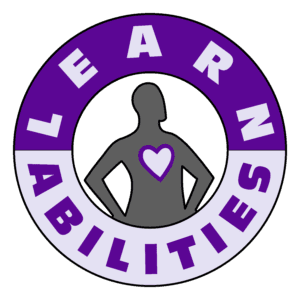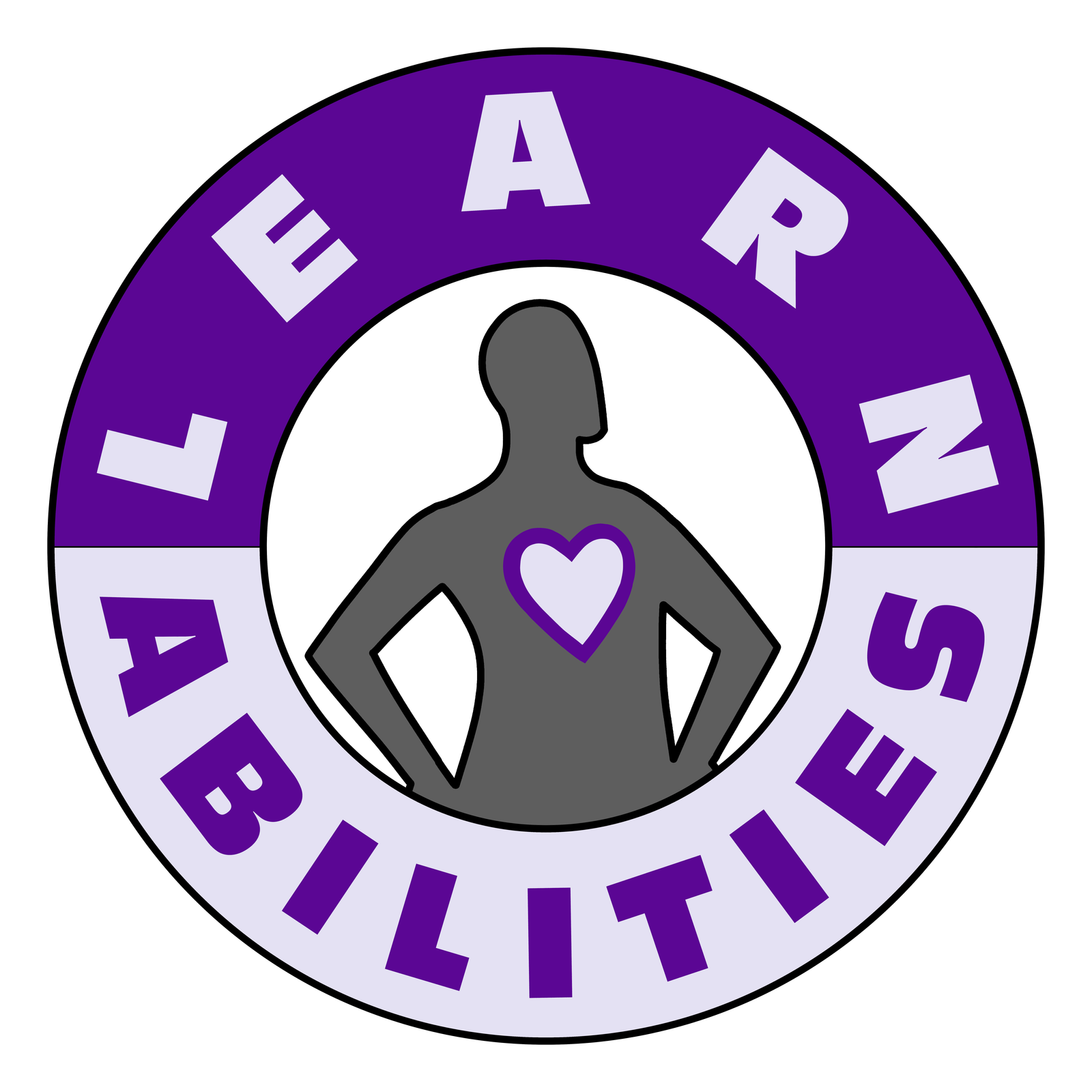Natalie Gurnett: The Power of a Positive Sports Mindset in Athletics and Academics
By: Natalie Gurnett, M.S., Founder/Owner of Psych Me Up Consulting, Mental Performance Coach
The Hidden Link Between Sports and School
When people think about sports and academics, they often imagine two separate worlds. Sports are physical, fast-paced, competitive, and fueled by adrenaline. Academics are intellectual, structured, and measured through grades and exams. At first glance, they seem to demand completely different skill sets. Yet research and lived experience tell a different story: the mindset an athlete brings to the playing field or gym has powerful carryover into the classroom, and vice versa.
In both arenas, success doesn’t come down only to natural talent or raw intelligence—it comes down to how someone thinks, responds, and adapts under pressure. A positive sports mindset develops traits such as resilience, self-discipline, confidence, and focus, which all have direct applications to academic success. Likewise, academic habits such as perseverance, time management, and growth-oriented thinking reinforce mental toughness in sports. Together, these mindsets create a “crossover effect” that prepares athletes to thrive in all areas of life.
This article explores what a positive sports mindset looks like, why it matters, and how strategies developed in athletics can strengthen academic performance (and vice versa). By the end, you’ll see that training your mind is just as valuable as training your body or studying for a test.
What Is a Positive Sports Mindset?
A positive sports mindset is more than just optimism. It’s a way of approaching challenges that combines confidence, resilience, and self-belief with an openness to learning. Athletes with this mindset don’t ignore failure; instead, they reframe setbacks as steppingstones to growth.
Core Characteristics
- Growth Orientation – Embracing the idea that ability is not fixed. Skills improve with effort, practice, and feedback.
- Confidence in Abilities – Trusting preparation and training rather than doubting oneself when it matters most.
- Resilience – The capacity to bounce back from losses, mistakes, or injuries stronger than before.
- Focus on Process Over Outcome – Concentrating on controllable factors like effort, attitude, and preparation rather than obsessing over scores, medals, or grades.
- Composure Under Pressure – The ability to stay calm, think clearly, and execute skills when the stakes are high.
Athletes who cultivate these qualities not only perform better in their sport—they also carry these mental habits into academic and everyday life.
How Sports Mindset Translates into Academics
Let’s take each of the traits above and look at how they influence academic performance:
- Growth Orientation in sports encourages students to view tough subjects or poor test scores as challenges rather than proof they “aren’t smart.”
- Confidence in Abilities helps students trust their study strategies and preparation rather than crumbling under exam stress.
- Resilience allows students to recover from setbacks such as a failed quiz or a difficult project, learning instead of giving up.
- Focus on Process leads to healthier study habits, emphasizing daily effort and long-term consistency rather than cramming for grades.
- Composure Under Pressure mirrors the ability to stay calm during presentations, timed exams, or classroom debates.
Strategies That Work in Both Arenas
1. Goal Setting
- In Sports: Athletes set performance and process goals (e.g., “stick my landing” or “increase free-throw percentage by 5%”).
- In Academics: Students set goals like “review notes for 30 minutes daily” or “raise my essay grade by one letter by focusing on structure.”
- Why It Works: Goal setting builds direction and motivation. Clear, realistic goals transform overwhelming tasks into achievable steps.
2. Positive Self-Talk
- In Sports: Instead of saying “I always choke under pressure,” an athlete reframes with, “I’ve prepared for this moment, I’m ready.”
- In Academics: During a tough test, shifting from “I’ll never finish this” to “I’ll focus on one question at a time” reduces panic and increases focus.
- Why It Works: Words shape mindset. Self-talk trains the brain to believe in possibilities instead of limitations.
3. Visualization
- In Sports: Athletes mentally rehearse routines, plays, or shots before competing.
- In Academics: Students can visualize delivering a presentation, answering questions confidently, or recalling information during a test.
- Why It Works: Visualization primes both brain and body, creating a sense of familiarity and readiness before the actual event.
4. Mindfulness and Focus
- In Sports: Staying present prevents athletes from dwelling on past mistakes or future fears during competition.
- In Academics: Mindfulness helps students avoid distractions and engage deeply with their work.
- Why It Works: Mindfulness trains attention, the cornerstone of performance in both fields.
5. Resilience Training
- In Sports: Learning to respond productively to losses or errors.
- In Academics: Recovering from poor grades without letting them define one’s self-worth.
- Why It Works: Resilience allows students and athletes to keep trying, experiment with strategies, and ultimately grow stronger.

Stories of Mindset in Action
Michael Jordan: Cut from the Team
- Michael Jordan, one of the greatest basketball players of all time, was cut from his high school varsity team. Instead of letting the setback define him, he used it as motivation to train harder. The resilience he developed in sports carried into his academic and professional life as he built a legacy of persistence and excellence.
Simone Biles: Pressure and Perspective
- Olympic gymnast Simone Biles demonstrated composure and self-awareness at the Tokyo Olympics when she prioritized her mental health. Her ability to reframe “stepping back” as strength rather than weakness exemplifies a positive mindset. The same principles apply in academics: sometimes stepping back, resetting, and caring for your wellbeing is the smartest path forward.
Everyday Athletes and Students
- It doesn’t take a superstar to see this connection. Consider a high school soccer player who uses visualization before penalty kicks—and then uses the same technique before delivering a speech in English class. Or a gymnast who practices positive self-talk after falls and then applies the same strategy after bombing a math test.
The Academic-to-Sports Connection
The flow works both ways. Academic skills and mindsets strengthen sports performance too.
- Time Management: Students who plan study schedules transfer those skills to balancing practice, competitions, and rest.
- Study Habits: Breaking down chapters into daily tasks mirrors breaking down athletic training into drills.
- Critical Thinking: Analyzing problems in school improves tactical decision-making in games.
- Perseverance: Long nights preparing for exams mirror the discipline required to grind through tough training sessions.
In other words, sharpening the academic mindset reinforces athletic resilience.
Overcoming Common Mindset Barriers
Fear of Failure
- Sports: Fear of making a mistake can paralyze athletes.
- Academics: Fear of getting a low grade can prevent students from taking risks.
- Solution: Normalize failure as feedback. Create environments where mistakes are steppingstones, not verdicts.
Perfectionism
- Sports: Leads to frustration, stress, and burnout.
- Academics: Creates procrastination and anxiety around assignments.
- Solution: Shift focus from perfection to progress. Celebrate effort and small wins.
Comparison with Others
- Sports: Constantly comparing scores or stats can undermine confidence.
- Academics: Measuring self-worth against classmates creates stress.
- Solution: Redirect focus to personal growth. Progress compared to yesterday matters more than comparison to peers.
Practical Takeaways for Athletes and Students
- Daily Reflection Journals – Write one sports win and one academic win each day.
- Breathing Exercises – Use before games and exams to stay calm.
- Study-Practice Routines – Treat homework with the same discipline as training.
- Accountability Partners – Pair up with a teammate or classmate to stay on track with both goals and assignments.
- Celebrate Progress – Build rituals to acknowledge effort, not just results.
One Mind, Many Arenas
Athletics and academics are not competing priorities—they are complementary. The skills, habits, and resilience built in one directly fuel growth in the other. A positive sports mindset teaches athletes how to face challenges, build confidence, and keep moving forward. When applied to academics, those same principles lead to stronger performance, reduced stress, and a healthier perspective on success.
Ultimately, whether you’re stepping onto the field or into the classroom, the most important muscle you train is your mind. By strengthening mindset across both sports and academics, athletes set themselves up not just for wins and grades, but for lifelong resilience, confidence, and growth.
CONTACT INFORMATION:
Natalie Gurnett, M.S., psychmeupconsulting@gmail.com
Instagram: @psychmeupconsulting
ADDITIONAL RESOURCES:
- https://psychmeupconsulting.com
- https://www.psychmeupconsulting.com/blog
- https://www.psychmeupconsulting.com/video-channel
- https://www.instagram.com/psychmeupconsulting/
Original Post: October 12, 2025








